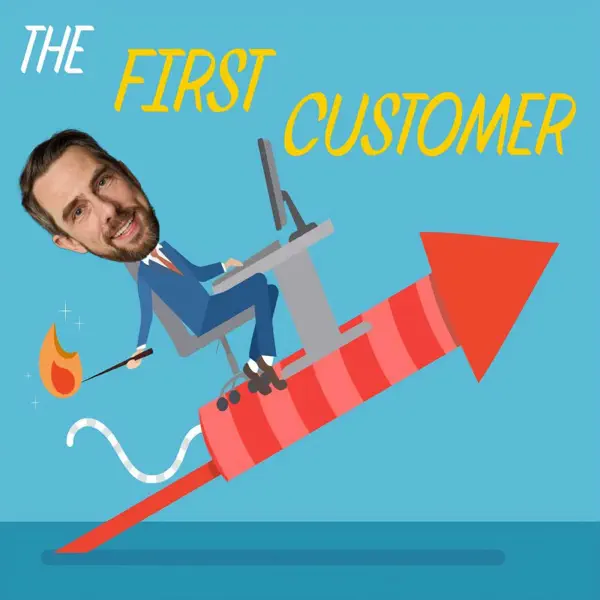Articles
Popular Posts?

Executive Leadership Coaching for Crisis Management
Executive leadership coaching can help you to prepare for a potential crisis and lead with confidence should disaster strike. When a crisis happens within a company, stakeholders of all types look...

A Small Business Coach Can Help You Stay on Your Feet During a Recession
A recession is often a business owner’s worst fear. Learn how a small business coach can help you navigate uncertainty with confidence. Running a business is demanding in the most favorable...
Recent Articles

The Power of Emotional Intelligence in Entrepreneurial Leadership
In today’s rapidly evolving business landscape, the traits that define great leadership are shifting. While technical acumen, vision, and resilience remain foundational, there’s an increasingly vital quality that sets successful entrepreneurs apart: emotional...

From Founder to Leader: Developing the Mindset for Business Growth
From Founder to Leader: Developing the Mindset for Business Growth Starting a business is an exhilarating journey, filled with challenges, risks, and triumphs. As a founder, you wear multiple hats—handling product development, marketing, operations, and even customer...

Booklist 2024
Sed ut perspiciatis unde omnis iste natus error sit voluptatem accusantium doloremque laudantium, totam rem aperiam, eaque ipsa quae ab illo inventore veritatis et quasi architecto beatae vitae dicta sunt explicabo. Nemo enim ipsam voluptatem quia voluptas sit...

Office Hours in 2025
Stop by monthly Office Hours

The Essential Elements of Leadership Training for Managers
Before hiring a management coach, be sure they are familiar with these essential facets of leadership training for managers. In most tech professions, the skills that make someone a high-performing individual contributor are very different from those that a motivating...

Executive Leadership Coaching for Crisis Management
Executive leadership coaching can help you to prepare for a potential crisis and lead with confidence should disaster strike. When a crisis happens within a company, stakeholders of all types look to the organization’s leadership. By turning their attention toward the...

How to Find the Right Career Coach Online
When looking for a career coach online, the options can feel overwhelming. This guide will help you find the right specialist for your goals. There has been a surge in tech professionals seeking support in the form of career coaching over the past few years to guide...

A Small Business Coach Can Help You Stay on Your Feet During a Recession
A recession is often a business owner’s worst fear. Learn how a small business coach can help you navigate uncertainty with confidence. Running a business is demanding in the most favorable circumstances, but the challenges of a recession can feel overwhelming. The...

From Candy Sales to Satellites: How Vladimir Is Empowering Tech Founders to Thrive
Podcast Link: https://podcasts.apple.com/us/podcast/the-first-customer-empowering-tech-founders-to-build/id1649778791?i=1000691445055 When you think of someone with satellites in space, your mind might jump to NASA engineers or billionaire tech moguls. But for...
